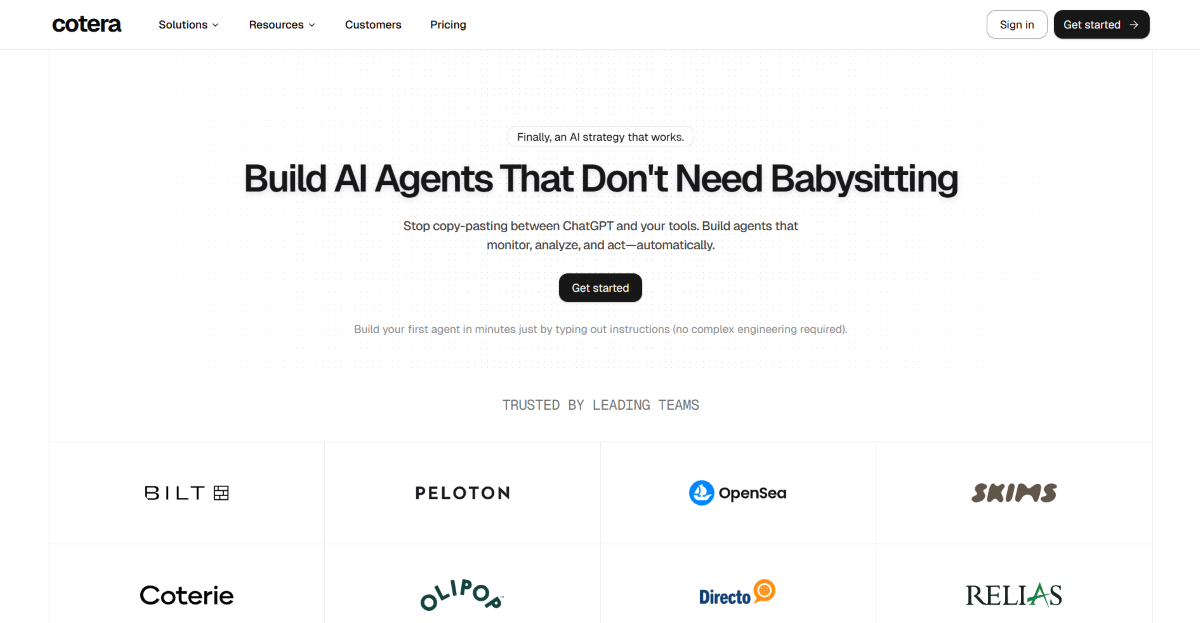Your accounting platform is your startup’s financial command center. It’s the single source of truth that tracks every dollar that comes into and goes out of your company.
It replaces the chaos of manual spreadsheets with an organized, automated hub for all your financial activity. A true accounting platform does three essential things:
- Tracks All Financial Data: It automatically records every transaction from tools like Stripe, corporate cards like Ramp or Brex, and payroll services like Gusto.
- Organizes the Information: It categorizes all this data into a standard accounting format, a process known as bookkeeping, to ensure your records are clean and compliant.
- Generates Critical Reports: It uses this data to produce essential financial statements like the Profit & Loss (P&L) and Balance Sheet that you and your investors need.
Key Takeaways
- Not All Integrations Are Equal: A direct, native integration is far superior to an indirect one that relies on a third-party ledger like QuickBooks as a middleman.
- Data Latency Is a Risk: Indirect integrations cause delays, meaning your financial reports might not reflect your true, up-to-the-minute cash position.
- The Goal Is Automation: The right platform automates data flow from your entire tech stack, eliminating manual work and freeing up time for strategy.
- A Single Source of Truth Is Essential: Your accounting platform must be the central hub where all financial data comes together for a complete picture.
What Makes a "Platform" Different From "Software"?
A modern accounting platform is more than just software. It’s an integrated solution that combines powerful tech with a team of human experts, like bookkeepers and CPAs. It doesn’t work in isolation. It connects directly to your other financial tools to create a seamless, automated back office.
For a modern startup, speed and accuracy are everything. Your tech stack is built with powerful tools like Ramp, Gusto, and Stripe to help you move faster. If your accounting platform doesn't connect seamlessly with these tools, it becomes a bottleneck. This creates manual work and gives you a delayed, inaccurate view of your finances.
Choosing an accounting platform isn't just about bookkeeping anymore. It's about how well it integrates with the financial tools you use every day. A native integration creates a direct, real-time flow of data, giving you a single, reliable source of truth to make critical business decisions.
What Defines the Best Integration?
When evaluating an accounting platform, the most important question is how it integrates with your tools. There are two models, and the difference is critical.
1. The Direct API Connection (The Gold Standard)
A true native integration uses a direct API connection to sync data in real-time. Think of it as a dedicated, high-speed highway built for your financial data.
- How it works: Data from Ramp, Gusto, or Stripe flows directly into your central accounting platform. There is no middleman.
- The Benefits:
- Speed: Information is synced instantly, giving you a real-time view of your finances.
- Accuracy: With fewer steps, there is a lower risk of errors.
- Simplicity: It creates a clean, automated workflow that just works.
Fondo's Approach: Fondo is built on this model. Our platform is designed as the central hub, with purpose-built integrations that pull data from your entire tech stack into a single, reliable system.
2. The Indirect Intermediary Model
Many outsourced accounting services use an older approach. They build their service on top of a general ledger like QuickBooks Online (QBO).
- How it works: Your financial tools sync their data to your QBO account first. Then, the accounting service logs into QBO to do their work.
- The Drawbacks:
- Data Latency: This two-step process means your accounting team always works with outdated information.
- Complexity: It adds another layer to your tech stack, creating more potential points of failure.
- A Disconnected Experience: Your data lives in QuickBooks, while your accounting team works as an external service instead of part of a unified platform.
This model is functional, but it doesn't provide the real-time accuracy that a modern startup needs to operate effectively.
FAQ: Startup Accounting Integrations
1. What's the biggest risk of a slow or delayed data sync? The main risk is data latency. If your accounting team is working from data that is 24 hours old, the reports you get won't reflect your real-time cash position. This can lead to misinformed decisions about hiring, spending, and runway.
2. Do I still need a bookkeeper if my tools are integrated? Yes. A direct integration doesn't replace a bookkeeper; it empowers them. Automation handles the tedious data entry, freeing up your experts to focus on higher-value tasks like financial strategy and maximizing your R&D tax credits.
3. Why is a seamless Gusto integration so important? Payroll is often a startup's largest expense. A direct integration with Gusto ensures all salary and contractor payments are correctly categorized in real-time. This is essential for accurate cash flow forecasting and is critical for calculating your R&D tax credit. Platforms like Fondo prioritize this connection because of its direct impact on a startup's bottom line.
Conclusion: Choose the Platform Built for Your Stack
For a venture-backed startup, the best accounting platform is one that acts as a true central hub for your financial data. It must connect directly and seamlessly with the tools you rely on to create a single, automated source of truth.
Instead of settling for a disconnected system that creates data delays, look for a solution built with direct, native integrations at its core. A platform like Fondo is designed for the modern startup tech stack, giving you the real-time financial visibility you need to make smart decisions and scale with confidence.
Ready to see what an all-in-one financial platform can do for you? Get started today.
Need help with the upcoming tax deadline?
Take the stress out of bookkeeping, taxes, and tax credits with Fondo’s all-in-one accounting platform built for startups. Start saving time and money with our expert-backed solutions.
.png)
.png)
.png)
.png)
.png)










.png)









